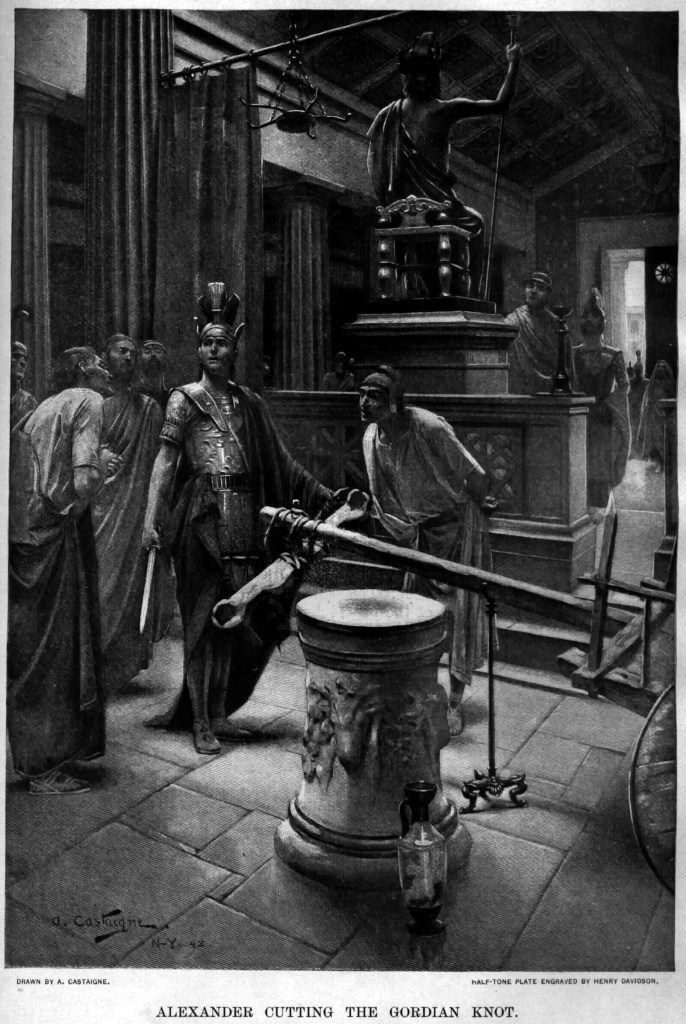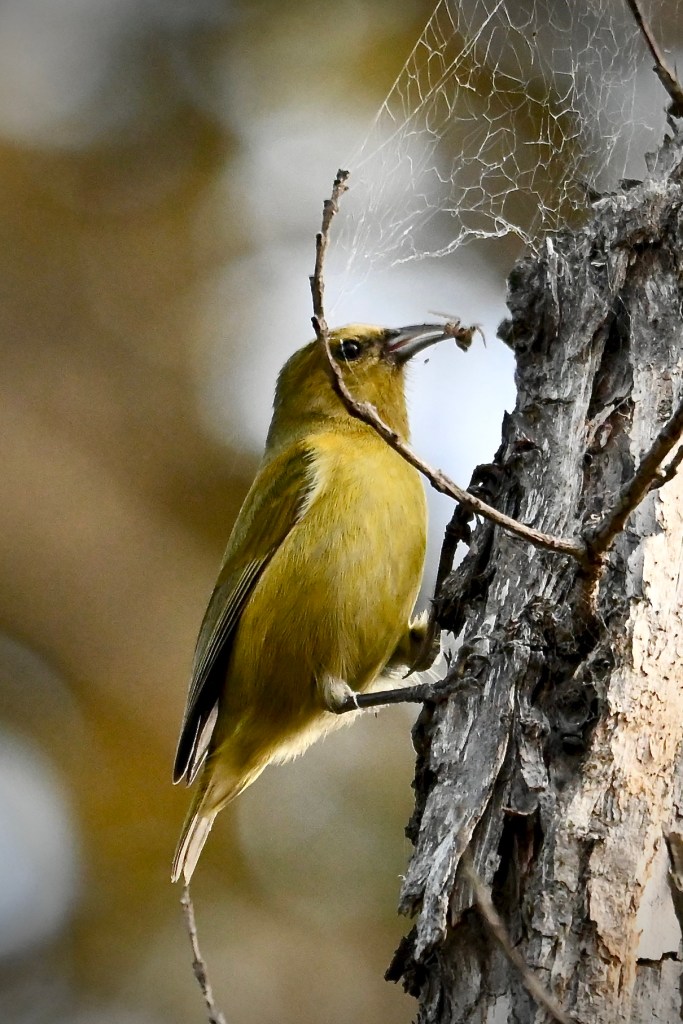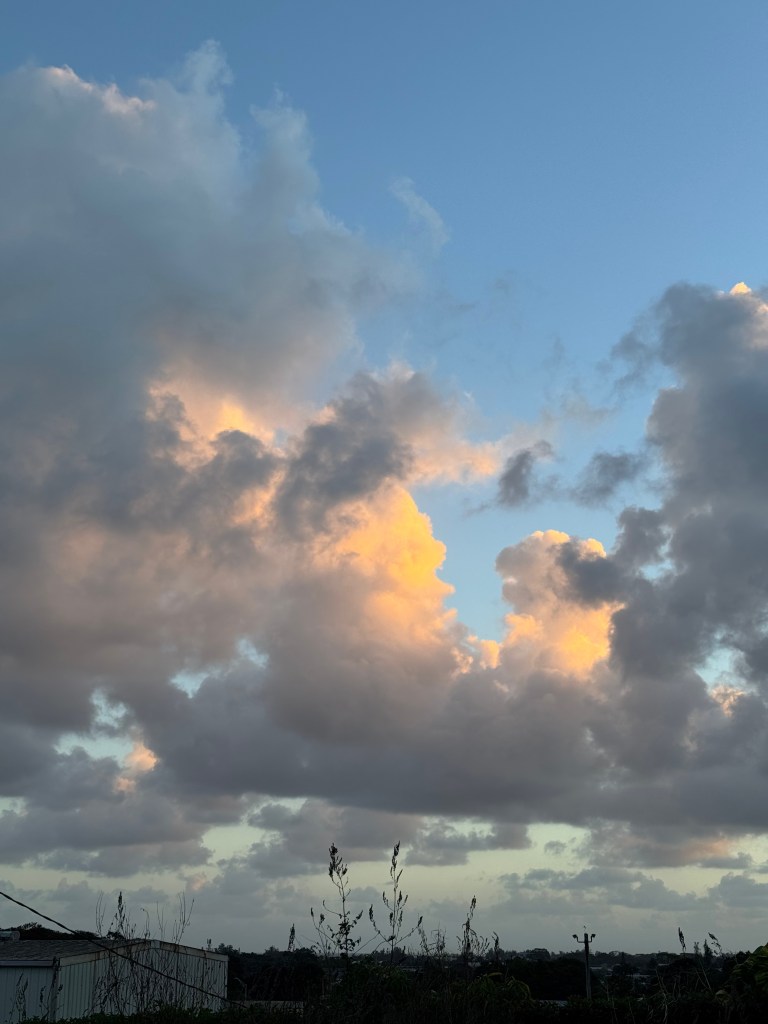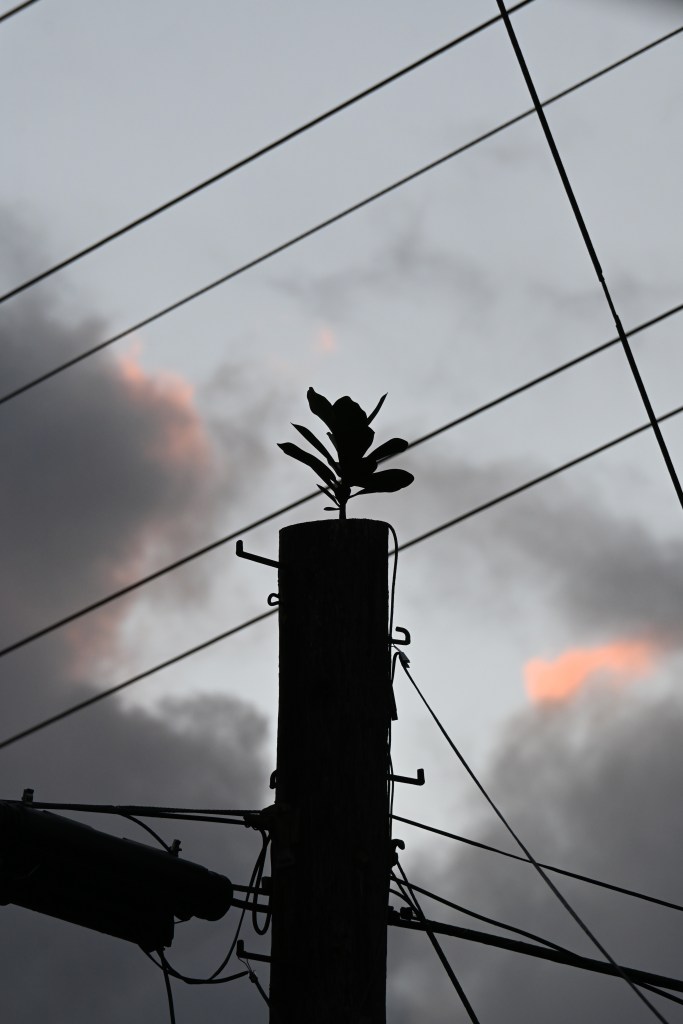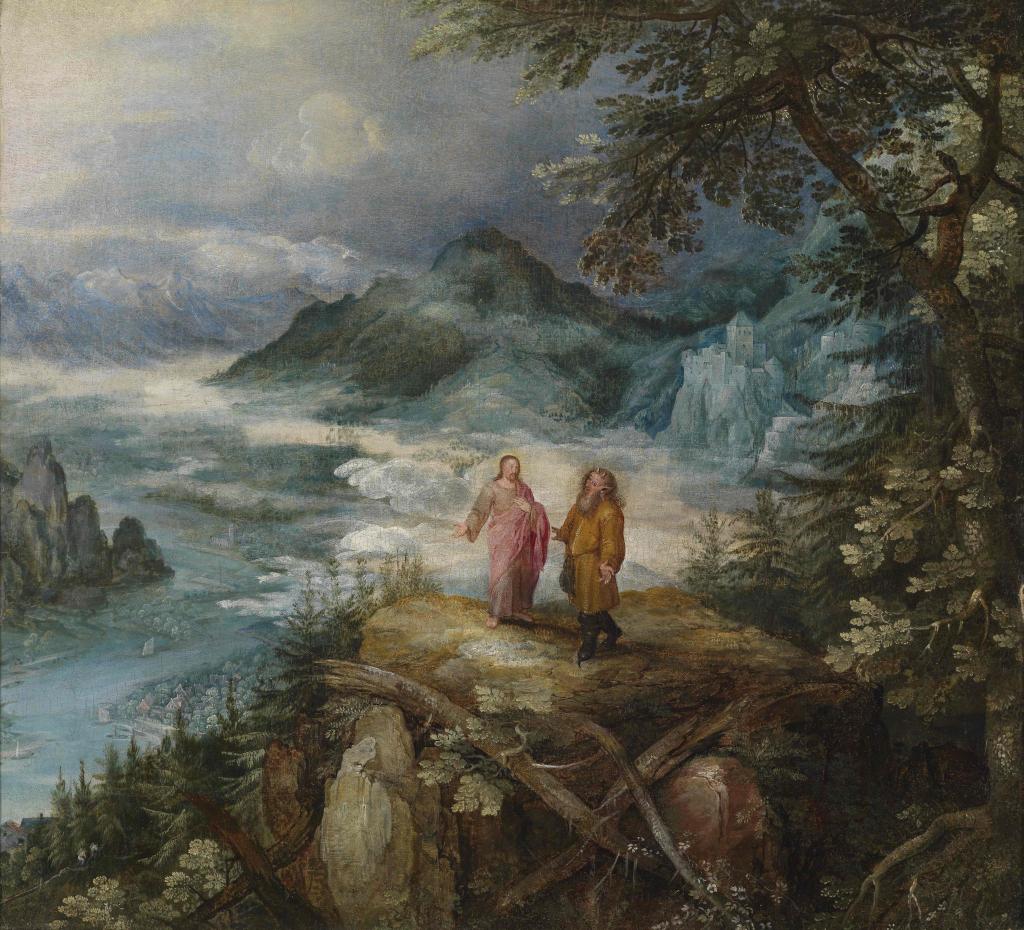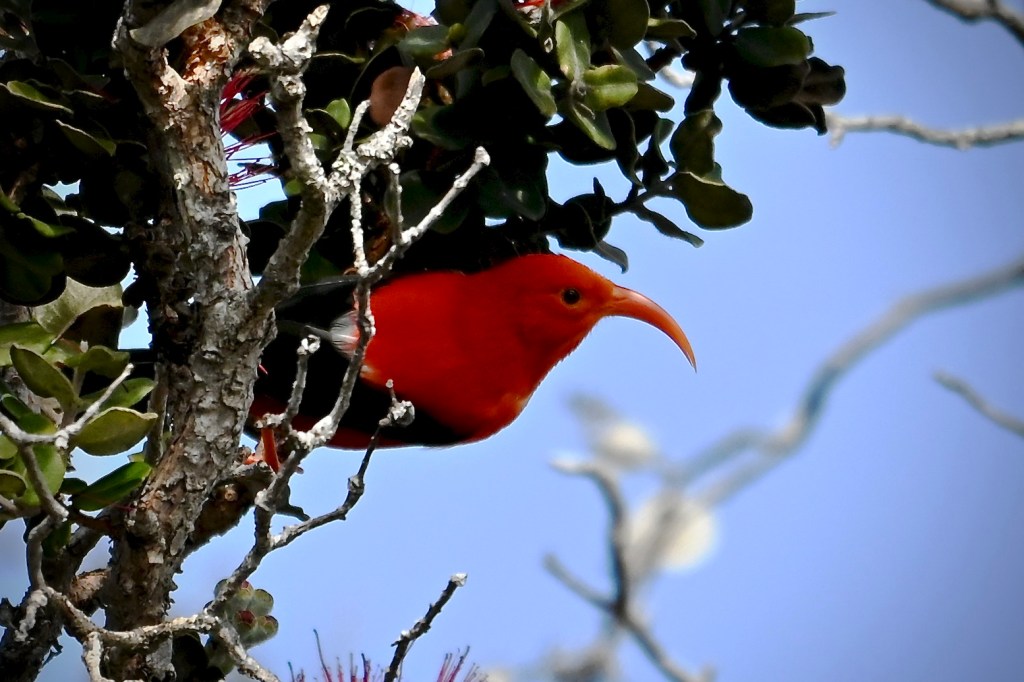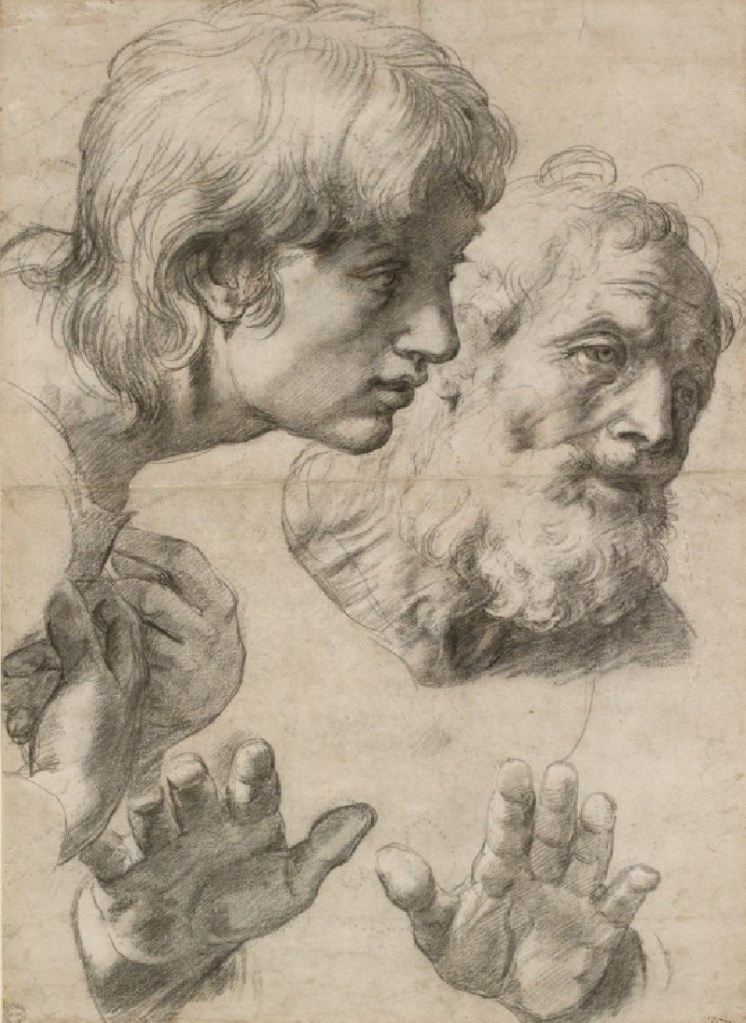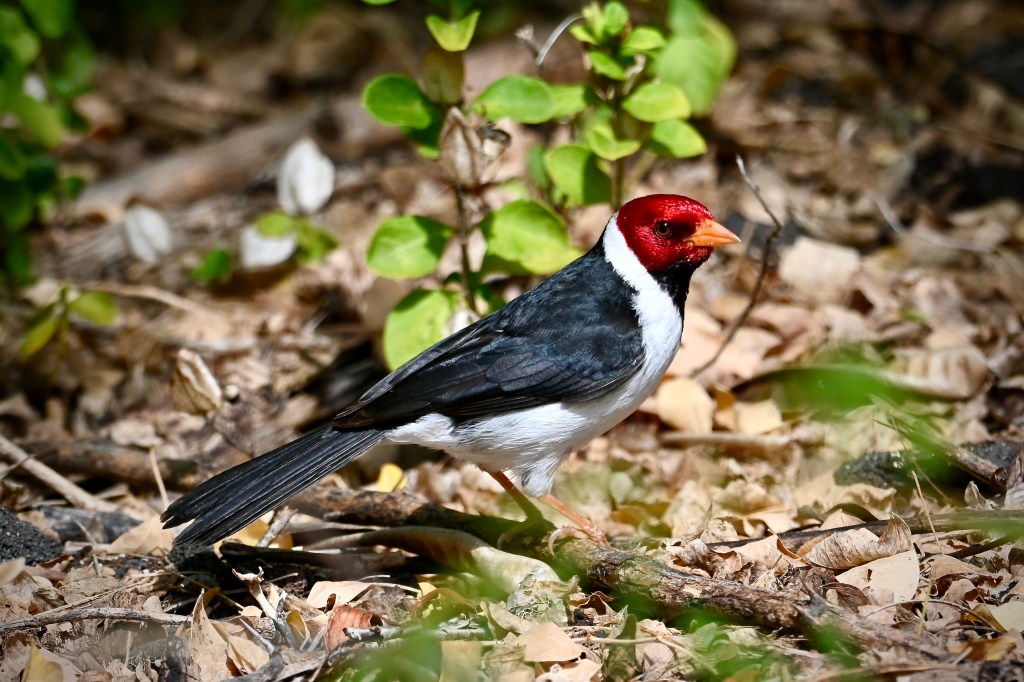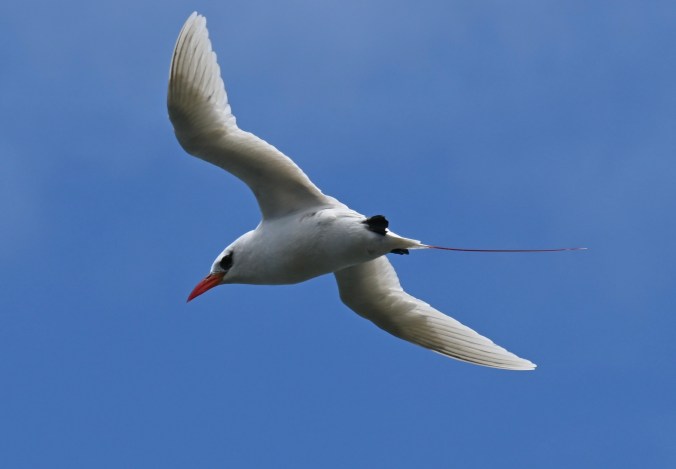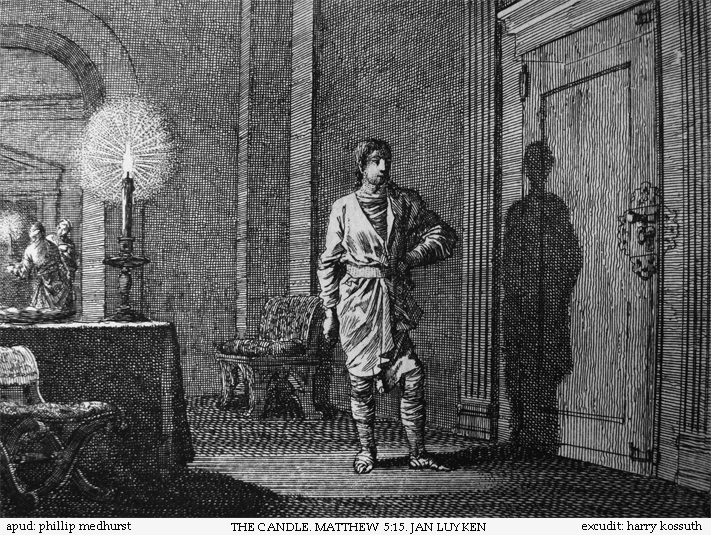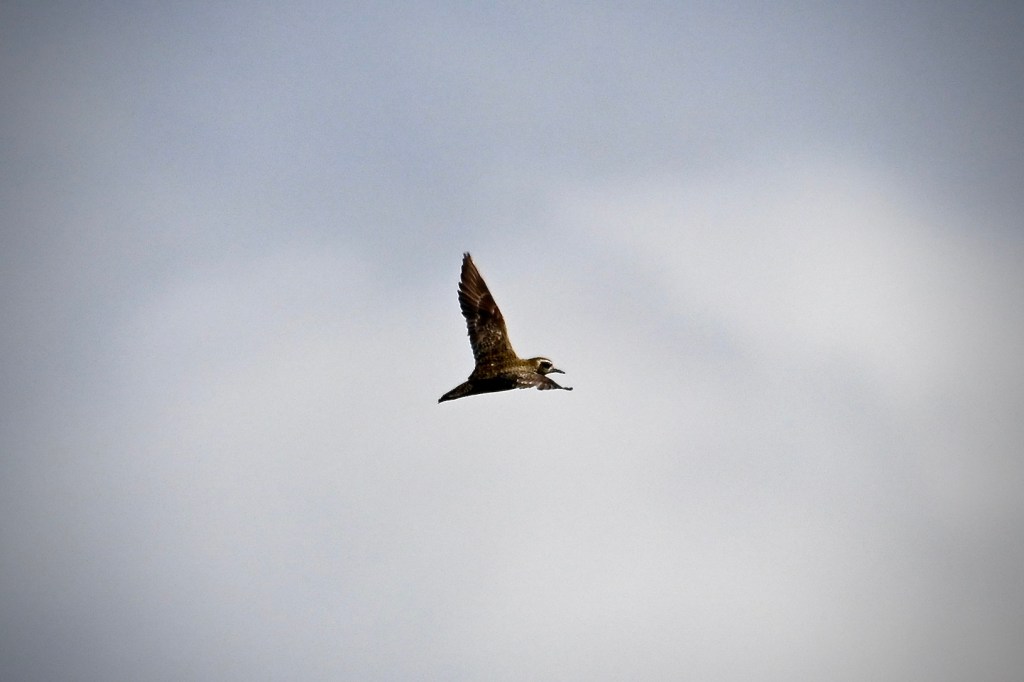
March 1, 2026
Romans 4:1-5, 13-17
John 3:1-17
Saltiness, sweetness, bitterness, and sourness. Those are the four senses of the human tastebuds. I’ve told stories about the first three over the last three weeks. Shall we go for sour?
Let’s go for sour.
He was the fasted akekeke in his generation (the English name is ruddy turnstone, and there is some reddishness in their brown feathers, and they do turn stones when looking for food). Yes, the fastest akekeke in his generation, and everybody knew it.
After hatching and fledging he’d quickly begun winning races among his siblings and cousins and friends in Alaska. They’d made a short journey to the shoreline where they’d munched on crabs and fish and snails before making the long flight to Hawai’i. That had been his first time, so even though he could fly very fast, he stayed with the other birds and they arrived on the island together.
But as spring approached and the return to Alaska, he started to think about winning.
“I’m going to win the race,” he announced to his friends and cousins.
“What race?” they asked.
“The race back to Alaska,” he said. “I’m going to win.”
“There’s a race?” they said, and they looked at one another in confusion.
“And I’m going to win,” he said firmly, and leaped into the air to practice.
“What are you talking about, son?” asked his father later on. “What race are you flying in?”
“The race to Alaska,” said the young bird. “I’m going to win.”
“But there’s no race,” said his father. “We just fly to the same place.”
“What good is that?” said the fastest akekeke in his generation. “There has to be a race. And I’m going to win.”
And that was that. His father, his mother, his sisters and brothers, his tutus, his cousins, his friends: Nobody could convince him that there wasn’t a race, that there wasn’t anything to win.
“I’m going to win the race,” he insisted.
When the day came for the akekeke to begin their flight to Alaska, he was among the first to take to the sky. He pressed on hard, and rapidly drew to the front of the flock, then beyond it. He was the fastest flyer in his generation, after all.
It wasn’t long before he couldn’t make out the other birds behind him. He was alone in the sky. He was confident, though, that he knew where he was going, and he was also right. He did. It was a long tiresome journey, but he made a successful landing on the Alaskan shores and began hunting for food.
He’d won.
But as he satisfied his hunger, he realized that another hunger remained unsatisfied. He’d won, but there was no celebration. There was nobody there. He was the only akekeke on a long empty beach. He was lonely. It was a sour victory.
It took quite some time before the other akekeke began arriving. It took longer for his father to find him. “How was your race?” he asked his son.
“The flight was all right,” he said, “but you’re right. It wasn’t a race.”
“The victory wasn’t what you thought?” said the father.
“It was sour,” said the son.
“How about now?” asked the father, “with everybody else here?”
The son looked around at the busily feeding akekeke, and the sourness subsided. He felt good again.
“Everybody is in the same place,” he told his father. “We’ve all won.”
by Eric Anderson
Watch the Recorded Story
I write these stories ahead of time, but I tell them from a combination of memory and improvisation. On this day, for example, one of the youngsters raced up to the front, which was a little unfortunate given the theme of the story.
Photo of an akekeke in flight by Eric Anderson.
